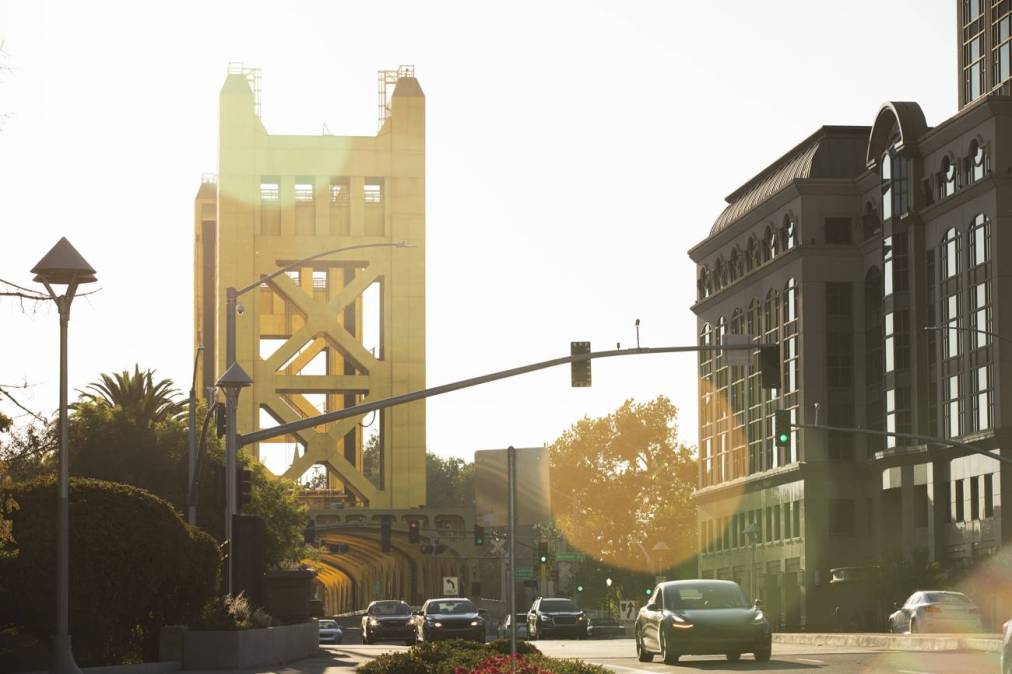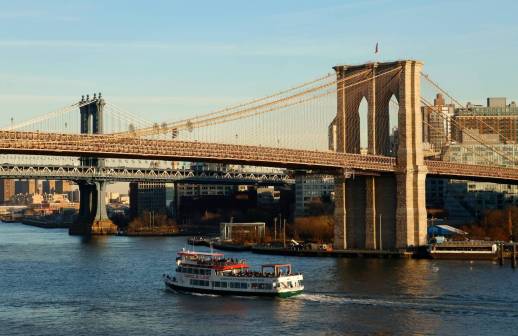Sacramento buses are busting illegally parked cars with AI-powered cameras

The City of Sacramento, California, this week launched the Bus Stop Enforcement Program, which uses cameras to record evidence of cars illegally parked at city bus stops.
One hundred Sacramento Regional Transit buses have been equipped with a front-facing cameras powered by artificial intelligence to detect and record instances of illegal parking in designated bus stops.
Officials said the new program is designed to improve public safety for bus riders and drivers. Illegal parking can make it difficult for bus operators to safely pull up to curbs and deploy ramps for disabled passengers.
According to a 2024 report by the transit agency, the capital city’s bus network serves 30,000 riders per day.
Jessica Gonzalez, a spokesperson for the city’s transit agency, said the city is funding the entire cost of the program and that Sacramento Regional Transit will receive 20% of the revenue generated by the citations issued through the program. But increased profit, she said, is not the ultimate goal.
“We’re not looking to make money. We’re looking to make sure that the bus stops stay clear,” Gonzalez said.
The fine for parking in a bus zone or red curb in Sacramento is $100. Normally, a parking enforcement officer must be present to issue citations for illegal parking violations, but because Sacramento has more than 3,500 bus stops throughout the roughly 100 square mile city, Gonzalez said there aren’t enough officers.
“There wouldn’t be enough city of Sacramento employees to possibly be at every stop to see if someone’s illegally parked there,” Gonzalez said. “But now, with this technology, we do have the eyes to see if a vehicle is illegally parked in our bus stops. Before we’d have to rely on the city to actually issue those citations, and now our busses can do it for us.”
When a violation occurs, Gonzalez said the recording system captures a short video and a photo of the vehicle’s license plate as well as the time and location of the incident. The information is then sent parking enforcement officers, who have three calendar days to review and determine if a violation has occurred, then mail citations to the registered owners of vehicle.
In 2024, Sacramento Regional Transit conducted a 70-day pilot program on two busy downtown routes to assess the impact of vehicles illegally parked at bus stops. During the pilot, Gonzalez said, the buses detected 286 parking violations obstructing bus stops.
After the pilot program ended, the transit agency entered a 60-day warning period before the program officially started, and issued nearly 2,740 warnings to vehicles obstructing bus stops between December and February.
Gonzalez said the city plans to expand the program this year to also include buses capturing video of vehicles parked in bike lanes using the same front-facing cameras, just using a different calibration. The city hasn’t yet determined a date.
“We have lots of bike riders here in the city, I think they’ll be appreciative of trying to get those bike lanes cleared,” Gonzalez said.






